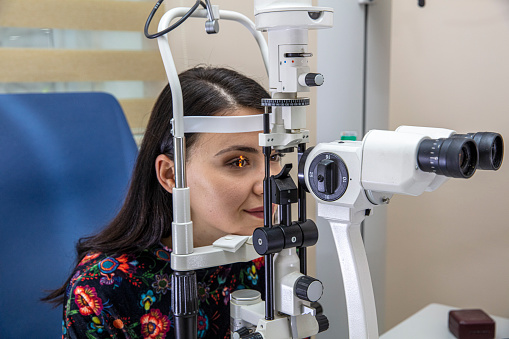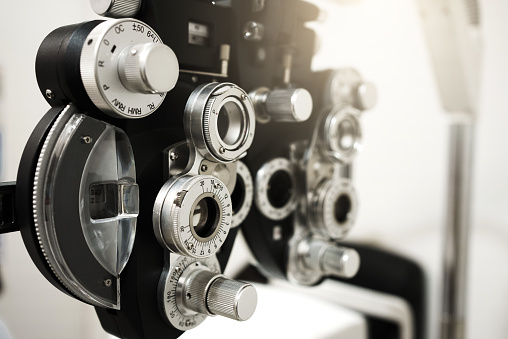Insurance
Insurance can be complicated. It varies based on employer, age, and location, and unfortunately, no comprehensive guide exists to navigate it. Here is some information about the differences between medical and vision insurance and what to use when. Specifics will be dependent on your providers, but this should help you better distinguish between what’s available to you.
Vision vs Medical Insurance
Here are two scenarios:
- You accidentally get a chemically toxic house cleaning substance in your eye.
- Your glasses are scratched and you need a new pair with an updated prescription.
The first scenario is medical — medical insurance covers emergency care, surgery, and eye conditions like glaucoma or infection. Though it might dip into eye health, it has no coverage for routine vision services, like an eye exam.
The second is vision — vision insurance is a bit of a misnomer. It’s not insurance so much as it is a benefit. It’s a supplemental, discounted program you pay into for preventive maintenance, so when it comes time for your eye exam, you have fewer and less expensive out-of-pocket costs. It doesn’t cover the treatment of diagnoses (like cataracts) but does cover the refraction portion and the wellness exam. Refraction is a vision test performed by your eye doctor to check if you need prescription lenses.
A typical vision plan includes a wellness eye exam, lenses, and an allowance for contacts, frames, or both. Instead of paying full price at the time, you’re paying a discounted price each month. A vision plan can save you a few hundred dollars each year.







